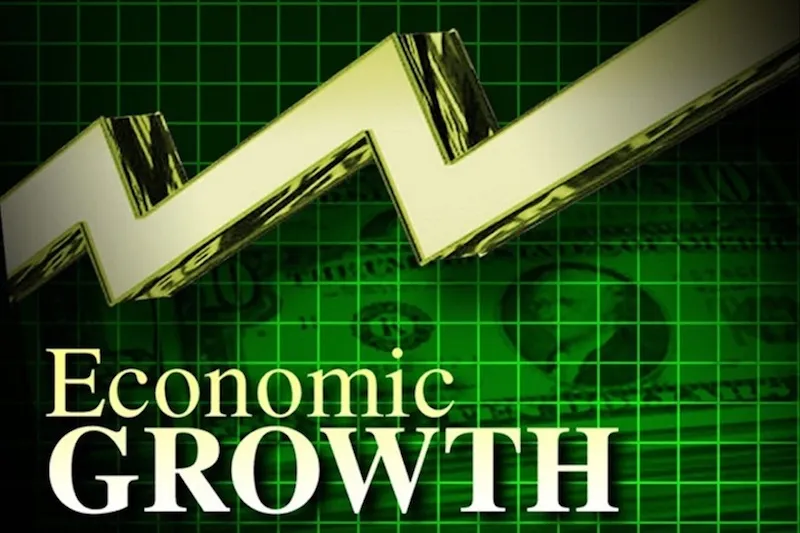‘Economic zones attracted $66bn FDIs, N620bn domestic investments’
The Special Economic Zones Scheme has emerged as a powerhouse in Nigeria, attracting over $66 billion in Foreign Direct Investments (FDIs) and N620bn of Domestic Direct Investments (DDIs). The Chairman of Nigeria Economic Zones Association, Chief Nabil Saleh, who disclosed this yesterday, at the Special Economic Zones’ Annual Meeting in 2023, noted that these investments […]

FILE PHOTO
The Special Economic Zones Scheme has emerged as a powerhouse in Nigeria, attracting over $66 billion in Foreign Direct Investments (FDIs) and N620bn of Domestic Direct Investments (DDIs).
The Chairman of Nigeria Economic Zones Association, Chief Nabil Saleh, who disclosed this yesterday, at the Special Economic Zones’ Annual Meeting in 2023, noted that these investments have led to the creation of 35,000 direct and indirect jobs, driving socio-economic development in the country.
Giving a sectoral breakdown, he said the manufacturing sector takes the lead, commanding 45% of the total investments, closely followed by the services sector at 30%. The oil and gas sector accounts for 11% of investments while the trading, logistics, and agriculture sectors also made significant contributions.
He noted that SEZs, with their unique regulatory incentives and business-friendly environments, have emerged as powerful engines of economic growth and development. He added that the establishment of SEZs in Nigeria has led to the development of Africa’s biggest oil refinery, a Deep-Sea Port with the capacity to handle around 6 million twenty-foot equivalent units (TEUs) of containers, an ambitious Gas Processing Hub along the Atlantic Coast and an Oil and Gas Downstream Manufacturing Hub, among others.
He noted that the theme of the AGM, “Unlocking Opportunities: Harnessing the Power of Nigeria’s Special Economic Zones Scheme,” encapsulates the essence of its mission—to tap into the immense potential that the economic zones hold for the growth and development of Nigeria.
The Managing Director of Nigeria Export Processing Zones Authority (NEPZA), Dr. Olufemi Ogunyemi, stated that the two-day event will serve as an opportunity to gain in-depth understanding of the challenges faced by operators in the various Free Zones and how these challenges can be addressed head-on and thereafter chart a way forward to ensure that the scheme continues to serve as a tool for economic growth and sustainability.
He argued that it has become imperative that SEZs are re-engineered, bearing in mind the unfolding of the fourth industrial revolution, the heightened focus on sustainable development, and the new wave of global value chains.
On his part, the MD of Oil and Gas Free Zones Authority (OGFZA), Alhaji Bamanga Jada stressed that despite challenges that confront operators and licensees, the Oil and Gas Free Zones Authority has been able to attract $24bn investment and has more than one hundred licensed companies in the free zones under the Authority’s regulation.
In his goodwill message, the governor of the Central Bank of Nigeria (CBN), Dr Olayemi Cardoso while acknowledging the successes of SEZs in Nigeria, called for a collaborative approach that would engage both the public and private sectors to provide a more coherent and consistent operational environment in ameliorating the challenges faced by stakeholders in the scheme.
